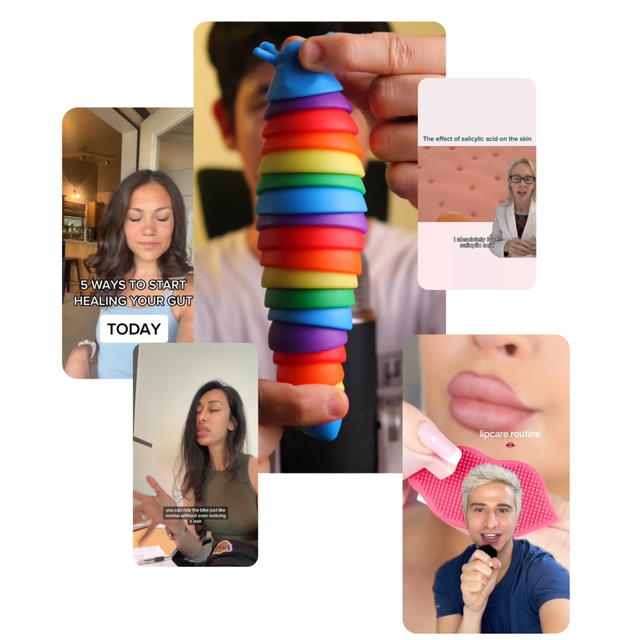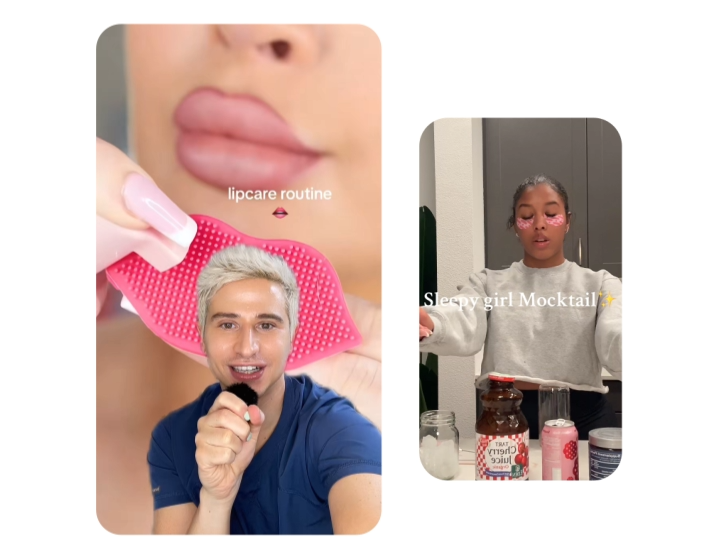It has turned doctors into stars, put taboo subjects on main and given all of us a place to explore our well-being.
Some of the posts are raw. Some are insightful, others wildly elaborate. Some are just plain wrong.
TikTok, which may soon be banned in the United States, has changed American culture in many ways. But its impact on how we talk about health stands out. In tens of millions of videos, users have opened up about their health and how they take care of themselves in big and small ways. They have touted “Oatzempic” for weight loss and extolled the (supposed) benefits of beef tallow face masks. They have shared their abortion stories and brought viewers inside the reality of living with terminal illnesses. And sometimes they have shared health advice so off-base that doctors and therapists stepped in to correct the record.
“Anyone that had a camera and a personality could get their message out,” said Aric Prather, a sleep psychologist at the University of California, San Francisco. More than 10 million videos are tagged #health on the app, and millions more are posted under related hashtags like #selfcare.
TikTok wasn’t the only platform to democratize information online. But there is something special about the way its algorithm brings people together to talk about deeply personal topics, and keeps the conversation going as more and more users join in.
TikTok gave us a window into how we live …
TikTok broadcasts the minutiae of how people try to stay well — the morning lemon water, the evening “sleepy girl mocktails.” No space is too private, no aspect of daily life too banal to become a “ritual” or a “routine.”
This type of content is so popular that it has spawned a sort of personal health arms race. People share increasingly complicated skin care routines, with lip scrubs, red-light masks and pricey serums. (Even teens and preteens with supple, unravaged skin swap “anti-aging” tips.) Users try to optimize their sleep (and their viewers’) by taping their mouths shut at night and boiling lettuce in water to drink before bed. When they wake up, they document their “morning shed” as they strip away layers of sleep accessories and beauty products.

